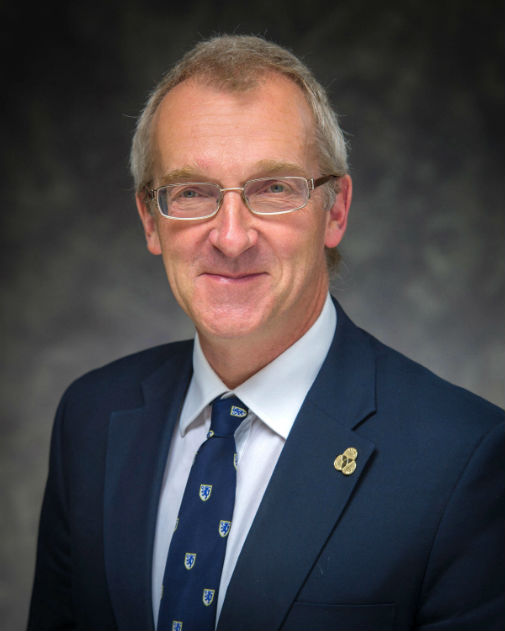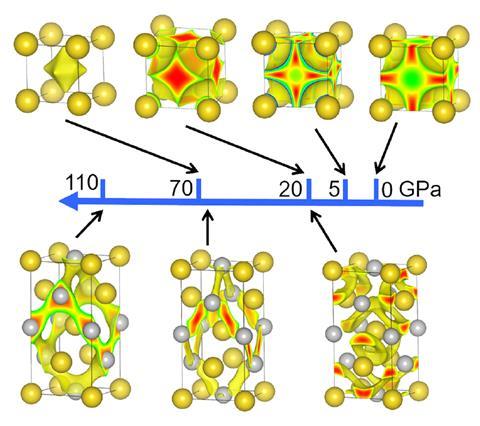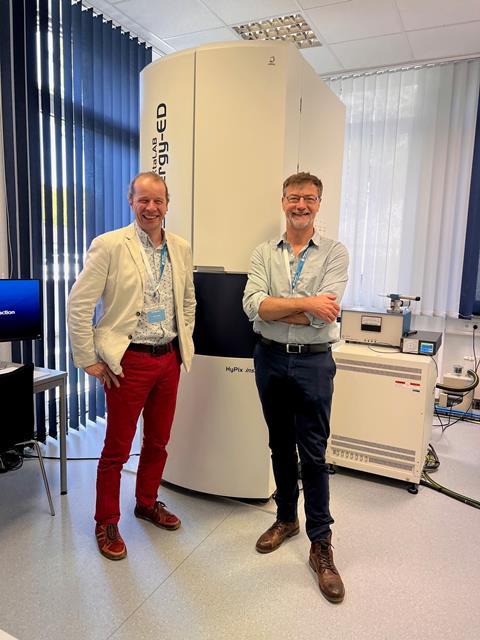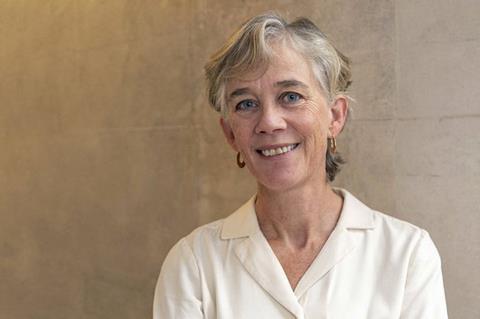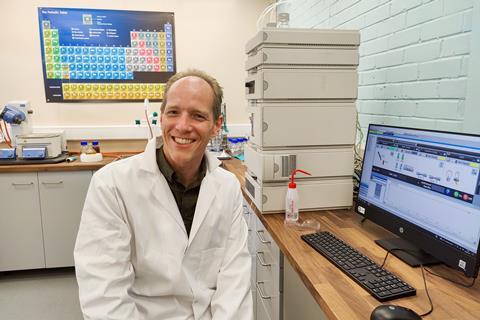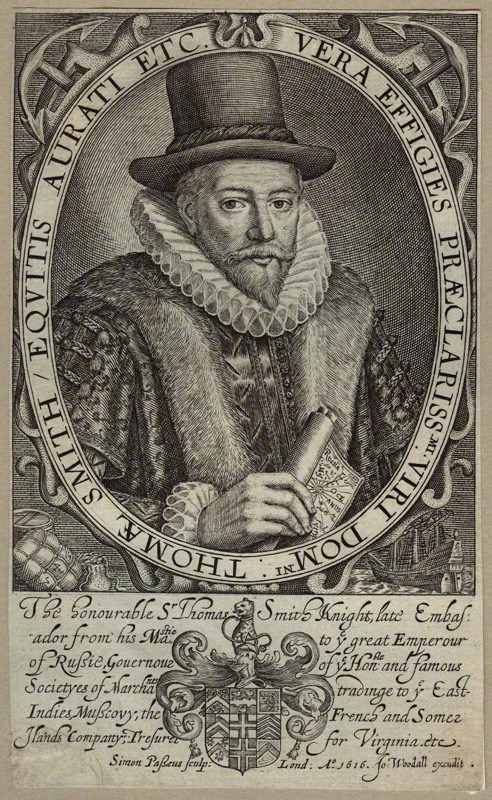The Windsor Framework agreed between the UK and the EU on Monday could pave the way for full UK participation in European research programmes. UK involvement in programmes like Horizon Europe, Euratom and Copernicus has been on hold for the last two years due to an unrelated dispute over trade in and out of Northern […]
Read More
